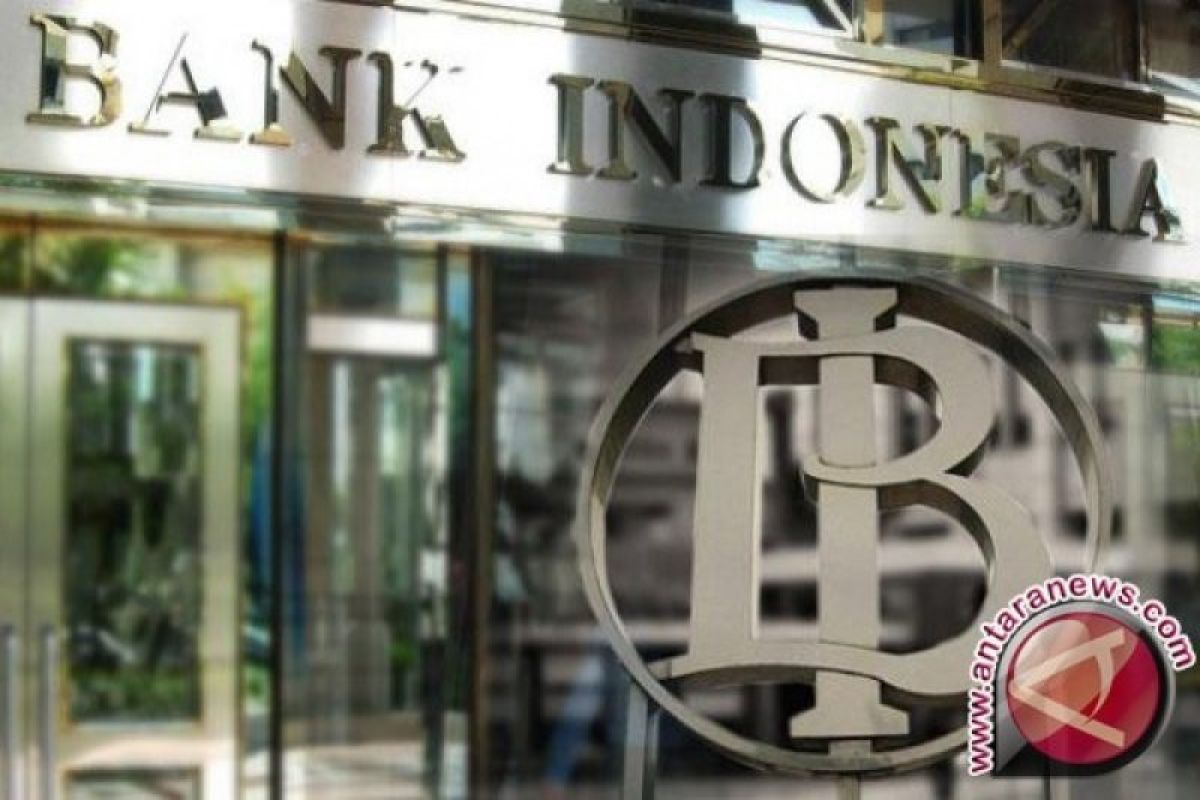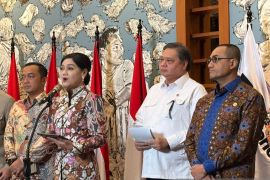Bank Indonesia continued its commitment to funding the 2020 state budget through SBN purchases in the primary market in accordance with Act No. 2 of 2020 through market mechanisms and private placements as part of the efforts to accelerate the national economic recovery program, while maintaining macroeconomic stability, BI's Communication Department Head Onny Widjanarko said in a statement here on Sunday
As of Sept 15, Bank Indonesia had purchased Rp48.03 trillion of SBN in the primary market through mechanisms pursuant to the Joint Decree of the Minister of Finance and Governor of Bank Indonesia issued on April 16, 2020, through auction schemes, greenshoe options (GSO) and private placements.
Meanwhile, funding realisation and burden sharing to fund Public Goods in the State Budget by Bank Indonesia through private placements based on the Joint Decree of the Minister of Finance and Governor of Bank Indonesia issued on July 7, 2020 currently stand at Rp99.08 trillion.
Through Bank Indonesia's commitment to purchase SBN in the primary market, the Government can focus on accelerating state budget realisation in order to stimulate national economic recovery.
In addition, Bank Indonesia has also realised burden sharing with the Government to fund Non-public Goods-SME totalling Rp44.38 trillion in accordance with the Joint Decree of the Minister of Finance and Governor of Bank Indonesia issued on 7th July 2020.
Financial system stability has been maintained, although the risks associated with COVID-19 transmission on financial system stability continue to demand vigilance.
The Capital Adequacy Ratio (CAR) remained high in July 2020 at 22.96 percent, accompanied by low NPL ratios of 3.22 percent (gross) and 1.15 percent (nett).
Nonetheless, the intermediation function of the financial sector remains weak as a corollary of subdued loan growth in line with compressed domestic demand as the corporate sector continues to reel from the impact of COVID-19, coupled with a cautious banking industry.
Growth of outstanding loans disbursed by the banking industry was low at 1.04 percent (yoy) in Aug 2020, while deposit growth stood at 11.64 percent (yoy).
Moving forward, Bank Indonesia expects the bank intermediation function to rebound in line with the domestic economic recovery.
Several economic sectors have recorded faster credit growth, namely Agriculture, Mining and Transportation.
In addition, as of August 2020, bank loan restructuring accounted for 18.64 percent of total credit, supported by maintained liquidity.
Such developments, accompanied by faster national economic recovery momentum through stronger credit guarantees by the Government, are expected to stimulate the bank intermediation function.
Furthermore, Bank Indonesia will maintain an accommodative macroprudential policy stance in order to stimulate lending and accelerate the economic recovery.
Related news: BI 7-Day Reverse Repo Rate held at four percent
Related news: Capital outflows reach $0.75 bln in Sept second week: BI
Reporter: Azis Kurmala
Editor: Fardah Assegaf
Copyright © ANTARA 2020












